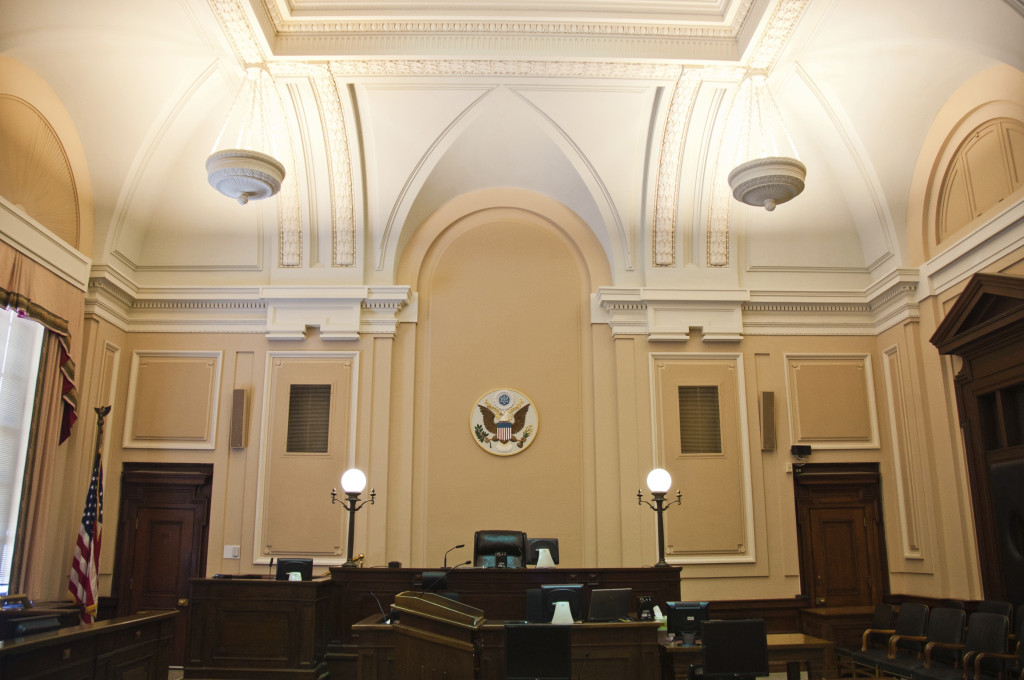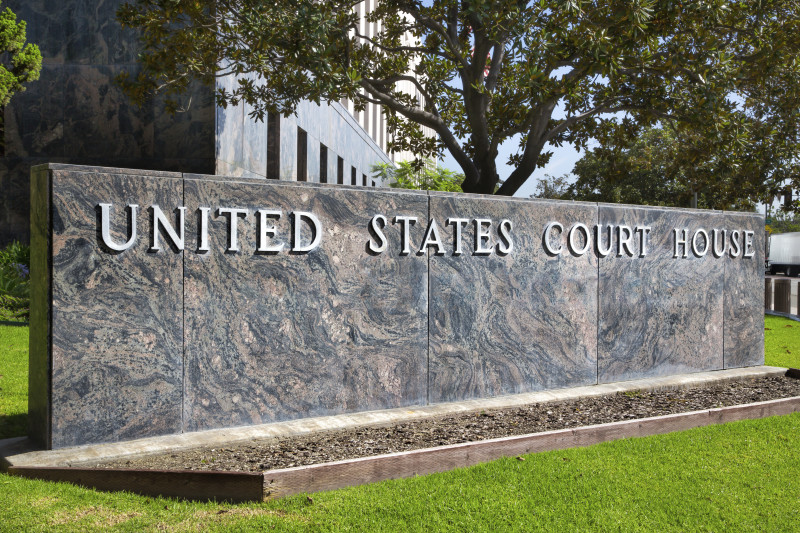So you are a man in your early fifties, and around four years ago you were prescribed testosterone to treat what you were told was “Low-T” (or low testosterone–I’ve already written on this subject). Sadly, two years ago you suffered a pretty awful heart attack, and your doctor took you off the testosterone replacement therapy and stated that he believed the testosterone was a significant cause of your heart attack. Four months later you found a good attorney who agreed to review your case, and six months after that your attorney filed suit in federal court in Raleigh, North Carolina. So far so good (well, except for the heart attack). Then two months later you discovered that your case had been “transferred” to federal court in the North District of Illinois in Chicago.
So What Just Happened?
Your case was transferred from your home federal district court to the multidistrict litigation (“MDL”) court that has been designated to consolidate cases like yours in one central court with one primary federal judge as a way to process more efficiently the hundreds of claims against the testosterone manufacturers.
For testosterone lawsuits such as yours, that MDL is “MDL 2545 (In re Testosterone Replacement Therapy Products Liability Litigation).” Judge Matthew F. Kennelly is the presiding federal judge of MDL 2545.
It Works Like This:
When a large number of product liability cases are filed in courts all over the country (such as the cases against the testosterone manufacturers), all of which involve the failure of a single drug, and which has caused similar injury to many individuals, a single court may be chosen to consolidate the cases into one MDL. From this one court the designated federal judge will manage the large caseload, hear motions, resolve pre-trial issues, possibly preside over “bellwether” trials, and even monitor global settlement discussion.
The United States Congress, through statute 28 U.S.C. § 1407, has authorized the federal court system to create a process to manage related, complex civil lawsuits, including medical device cases. The statute has created a governing body known as the Judicial Panel on Multidistrict Litigation (“JPMDL”). This panel has the authority to allow the transfer of related cases to one federal judge or court for the purpose of coordinating and consolidating pretrial discovery and resolving other issues prior to trial. The JPMDL is made up of seven federal judges based throughout the United States, all of whom are appointed by the Chief Justice of the U.S. Supreme Court. The main office for the JPMDL is in Washington, D.C.
In a typical MDL, once the discovery and pretrial matters have been completed, the appointed federal judge usually directs that cases be “remanded” (returned) to the districts in which the case was originally filed, but sometimes the case will remain with the MDL judge and the case is either settled or tried in that court.
But My North Carolina Attorney Is Not Licensed in Illinois
Well, exactly. That’s one of the key efficiencies of the MDL. The procedure for the MDL permits attorneys in other states to transfer their cases to the MDL without finding local counsel or making application to appear in the state “pro hac vice,” which is a fancy Latin phrase meaning “for this occasion,” and allows an attorney to appear in court in a different state for that one case only, but only after getting a court order approving the pro hac vice appearance. It’s kind of a hassle. For MDL 2545, the pro hac vice requirements are “waived” or ignored: “Attorneys admitted to practice and in good standing in any United States District Court may be admitted pro hac vice in this litigation without the payment of the pro hac vice fee and without associating local counsel.” This is how your North Carolina attorney can represent you in Illinois federal court.
What Happens To My Case in Illinois?
Once your case is transferred to MDL 2545, the case moves forward with a procedure consisting of sharing key information among the parties (this sharing of information is known in civil litigation as “discovery”). The MDL is perhaps most useful because it allows for the consolidation of key discovery. This means the parties can take hundreds of key depositions, including the many expert witnesses lined up on both sides, and share millions of pages of written discovery, then consolidate this huge amount of information in such a way that every plaintiff who joins the MDL can access the discovery and use it in their cases. This is critically important, because otherwise every single plaintiff in every single individual case would have to take the same depositions and request the same documents, over and over again. This inefficiency, of course, would be a nightmare, for the defendant manufacturer but also for the hundreds of plaintiffs involved in the hundreds of individual lawsuits.
Note that your attorney could also “direct file” into the Northern District of Illinois federal court, and skip filing in the local federal court and the transfer of the case to the MDL.
Keep in mind, “multidistrict litigation” is not a class action lawsuit. A class action is different; with multidistrict litigation you will move through the court system with your individual case, on your own steam, and you will eventually settle your case independently or choose to have your case tried.
It is important to note that throughout this process, the client has control over the key decisions in the case. You would not be required to join the MDL; you would not be required to accept a settlement, even if the plaintiffs’ committee and the defendants’ committee agreed to a comprehensive settlement plan; you can always “opt out” and have your case tried to a jury, either in the MDL or back in your home court in Raleigh.
So that’s how your case ended up in federal court in Illinois. Don’t sweat it; it is proceeding as it should. And frankly, you will likely never see the inside of that Chicago court room; most likely your case will settle before you get there, or else your case will be tried after it is “remanded” to court in Raleigh.
 North Carolina Product Liability Lawyer Blog
North Carolina Product Liability Lawyer Blog



